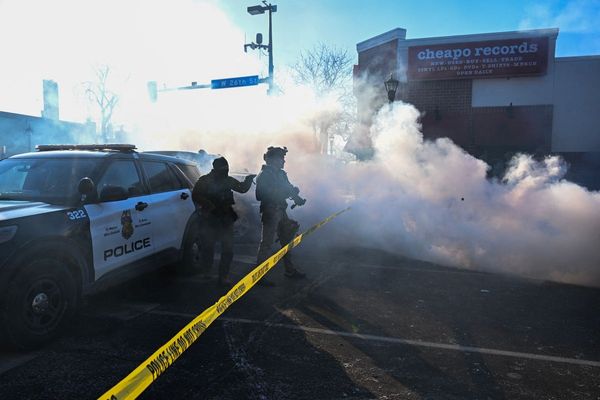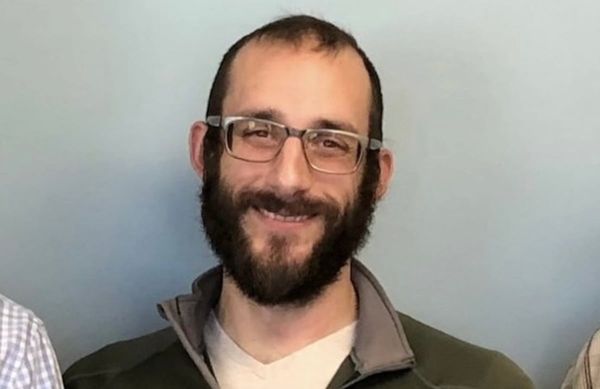
Janice Morgan, an A&E nurse for the last 12 years, explains what life is like for frontline NHS staff who are facing rising levels of abuse and aggression. She is an emergency department matron (senior nurse) in the A&E unit at Nottingham’s Queen’s Medical Centre hospital.
“I’ve had three threats to kill me. Men have looked me in the eye and said ‘I’m going to fucking kill you’ and I have partially believed them.
“Threats to kill are the most extreme form of the aggression, violence and hostility myself and my colleagues in A&E face. But they do happen.
“How do they affect me? That depends on how much bandwidth you’ve got on that day. I’ve never left work and thought I wasn’t safe. But there have been a few incidents that have got to me.
“However, when that happens, when someone is looking into your eyes and telling you that they’re going to kill you, a lot of people do descend, who are usually a lot bigger than me – colleagues and security staff – and that makes you feel safer.
“There is a human aspect to the abuse we get. People I know have been off sick for a long time because of verbal abuse. But physical assaults are more likely to have that lasting impact.
“Staff have a level of acceptance about abuse, hostility and the threat of violence that we probably shouldn’t have. That’s because although you don’t think it’s part of the job, it’s become part of the job.
“We record every time someone is punched, kicked, bitten or scratched where it breaks the skin. But if you recorded every single time someone swore at you or was rude to you, that would be a whole other job in itself.
“Unfortunately A&E staff are an easy target because we’re here. While patients can’t always get to see their GP or a specialist or get to a pharmacy, we’re always accessible, 24/7, 365 days a year.
“Abuse has definitely increased in recent years. Since Covid, a lot more people have been using A&E as their first point of call when they need care, because there’s a feeling that GP services are inaccessible. That has increased our waiting times and increased overcrowding, which then just leads to more frustration.
“Long waits in the emergency department [ED] are the main reason people get frustrated. During my 12 years here, we’ve gone from patients being here less than four hours to them now being here for well over 12 hours at times.
“People want things more readily now and it’s really difficult because we can’t provide them as readily, because our ED is so busy all the time and often overcrowded. In an ideal world we’d see everybody immediately, but we can’t because that’s impossible.
“When you are here as a patient, or your child is here as a patient, at that time you or your child is the most important person. I understand that.
“But getting people to understand that as ED staff we deal with people in order of clinical priority is quite difficult. People don’t always understand that, actually, if they’re not being seen straight away, that’s quite a positive thing.”
As told to Denis Campbell







